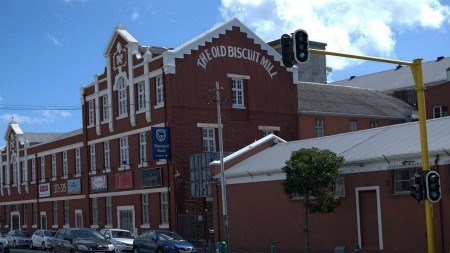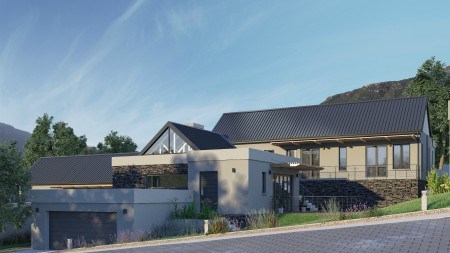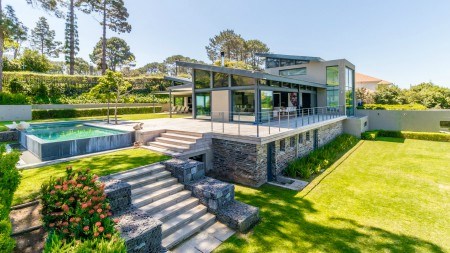The conversion of the Old Biscuit Mill in 2005 marked the beginning of the transformation of Woodstock which has become a trendy and vibrant residential and commercial node
Ongoing development in central Cape Town during the last decade precipitated a spike in demand for residential property in the area which in turn has fuelled the regeneration of previously overlooked suburbs like Woodstock, transforming them into vibrant mixed-use nodes.
“The impact of the floundering economy, political uncertainty and deepening water crisis has been felt, but developer and investor appetite in the area remains strong,” says Chad Shapiro, Senior Commercial Broker for Lew Geffen Sotheby’s International Realty in the CBD, City Bowl and on the Atlantic Seaboard.
“We are currently working with local and international retailers and commercial companies looking to strategically place themselves in the Woodstock/Salt River/Observatory precinct to take advantage the area’s distinct benefits, all of which are sure to pique consumer interest.”
Lew Geffen, Chairman of Lew Geffen Sotheby’s International Realty believes that Woodstock’s strategic future growth potential is not only due to its convenient proximity to the CBD, but also numerous other critical drawcards.
“The main transport routes leading the city’s other key nodes are easily accessible, and this is not only beneficial to the businesses in the area but also to the employees who face an increasingly congested daily commute.
“Another factor contributing to the precincts continued growth is the successful fusion of residential, light industrial, creative and social components that has been achieved, attracting a far broader range of investors, tenants and clientele than ever before.”
Shapiro believes that another contributing element to Woodstock’s success is its unique property landscape and unique ambience that still reflect the characteristic charm of yesteryear.
“The suburb boasts an abundance of historical buildings, many of which have already been skilfully upgraded to incorporate contemporary elements without forfeiting their original character.
“Among Woodstock’s multiple success stories are the Old Biscuit Mill, The Bromwell, Salt Circle Tollgate House and The Woodstock Exchange. Besides the suburb’s growing status a creative business hub and trendy residential area, it has also seen the development of a number of P-grade building which have attracted numerous key international and national tenants who require a professional working environment.
The growing international trend of “micro-living” will also make its local debut in Woodstock with the development of 1 on Albert, comprising ergonomically designed dorm-sized, apartments which enables first time buyers to invest in property in the sought-after and pricey CBD area.
Shapiro adds that an important factor in the keen ongoing interest for property investment in the area is the fact that Woodstock is benefits from being a UDZ (Urban Development Zone) which offers a very welcome tax break.
“The UDZ is offered by the municipality to assist developers and smaller land purchasers in upgrading of the area, with special focus on lower LSM bracket by offering a rebate of up to 25% on purchase price and redevelopment costs as an incentive to invest in the area.”
He concludes: “Although the backlash of the prevailing economic climate has finally trickled through to Woodstock, perceptibly curbing the steep upward trajectory of growth we saw in recent years, the market remains robust and investors are still realising solid returns.
“And sales volumes may have dipped marginally, but Woodstock’s unique attributes and convenient positioning continue to attract investors while also buffering the area from the brunt of the economic downturn. “
View more of the neighbourhood here:






